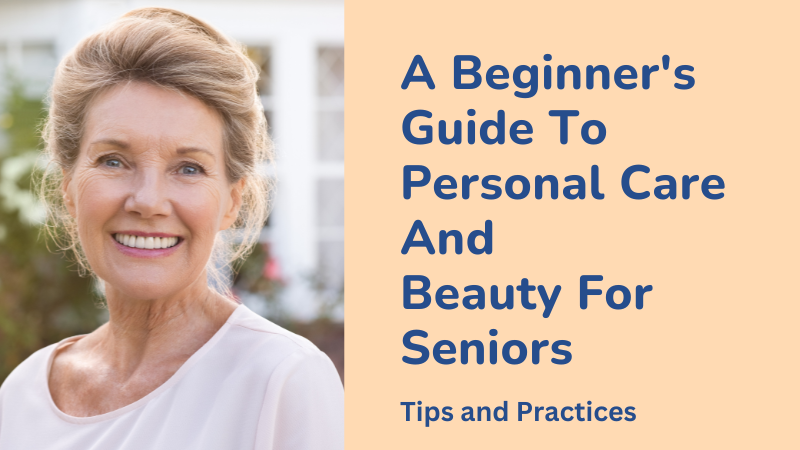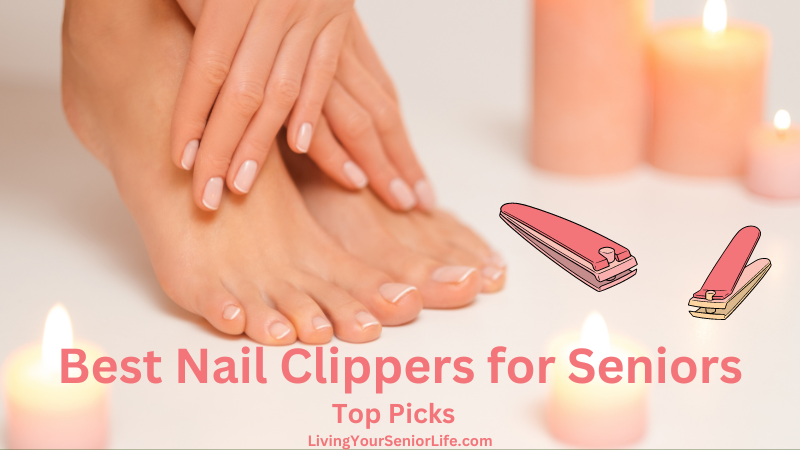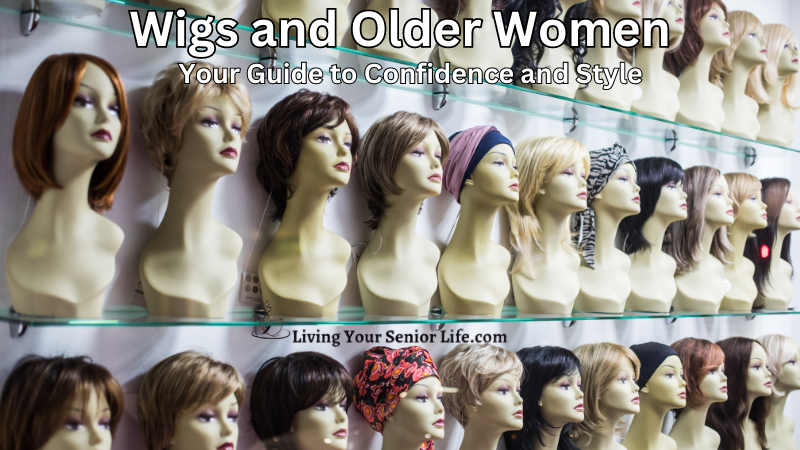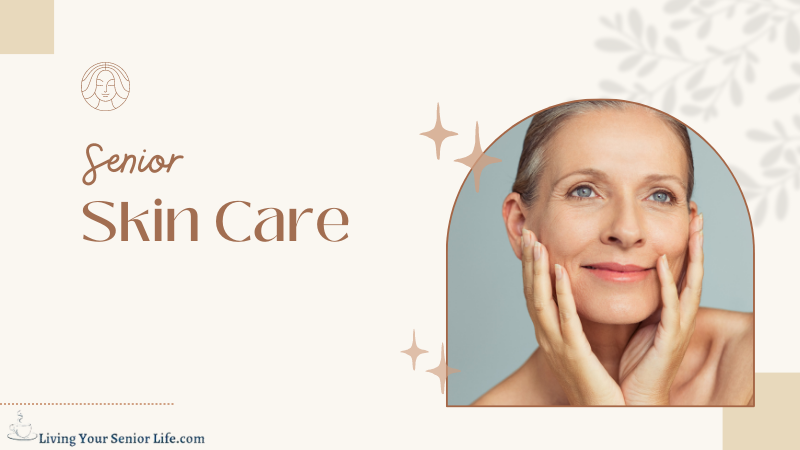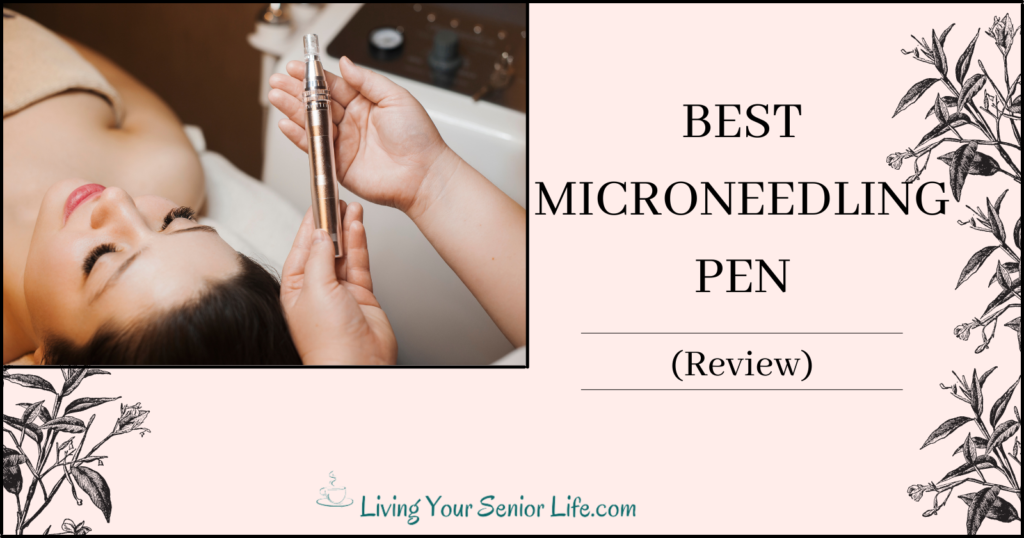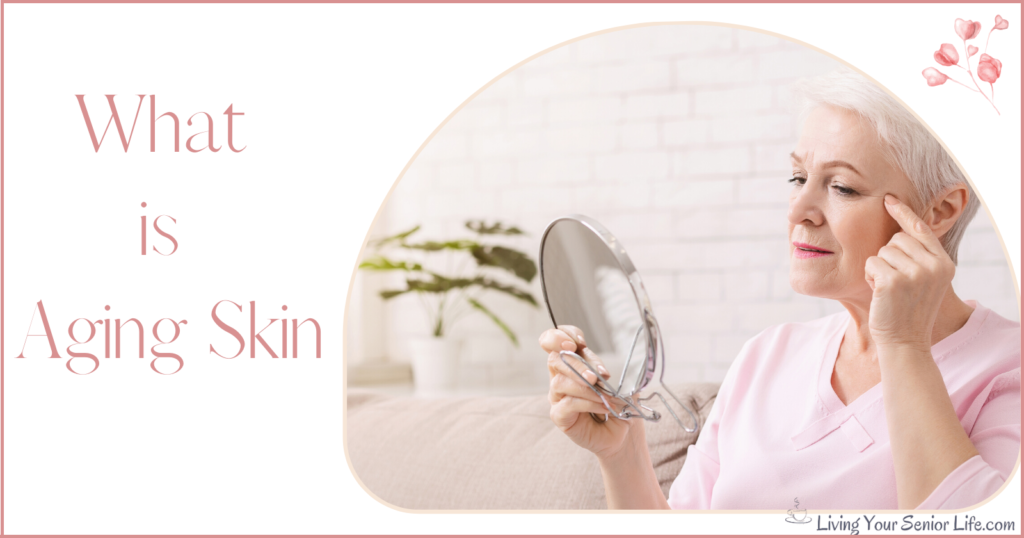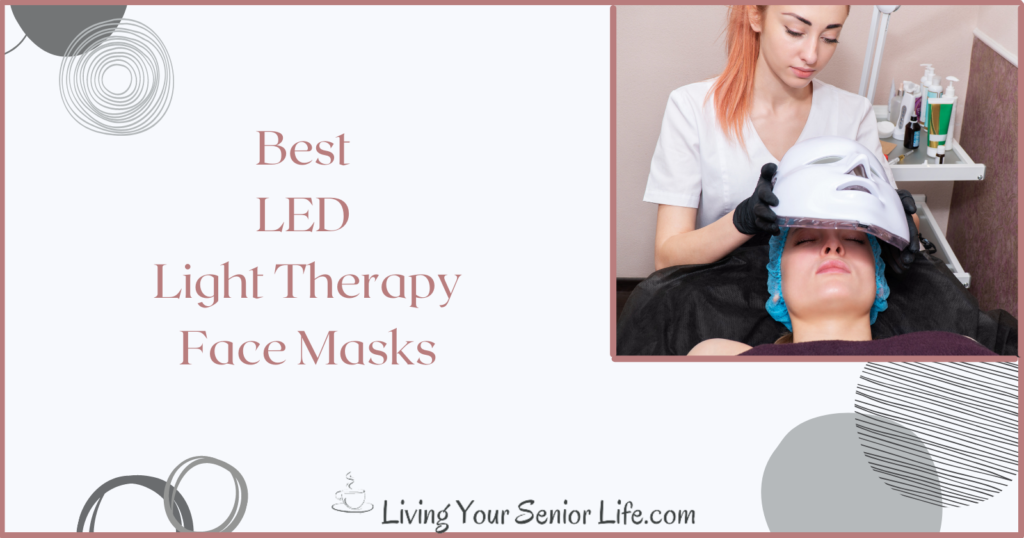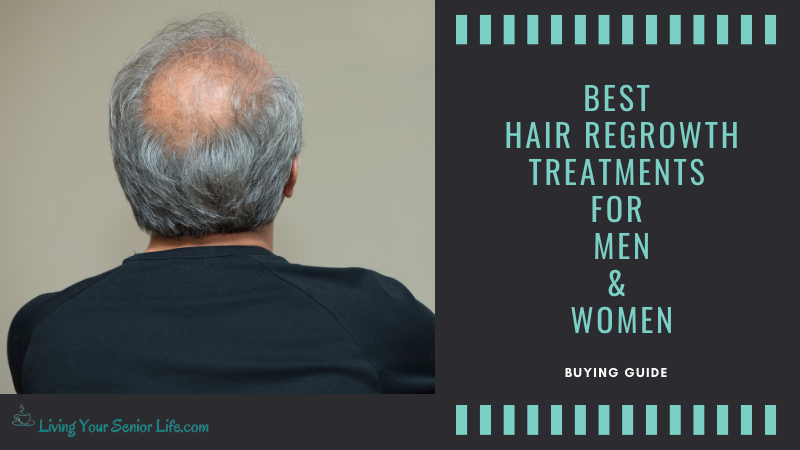Taking care of oneself is crucial at any age, but it’s especially important for seniors. Maintaining good personal care helps improve health, happiness, and independence.
Personal care for seniors includes daily routines like bathing, dressing, and grooming. It also involves managing health conditions, staying active, and eating well. Tailoring these tasks to individual needs makes them more effective and enjoyable.
Creating a personal care plan with clear goals and activities can make a big difference. Seniors and their families should work together to ensure these care routines are practical and comfortable.
Understanding the Needs of Seniors
Seniors have unique needs that differ from younger individuals. They often face various health challenges, such as chronic illnesses, mobility issues, and sensory impairments. It is important to understand and address these needs to improve their quality of life.
Physical Health:
- Regular medical check-ups
- Proper medication management
- Nutritious meals adjusted to their dietary requirements
- Safe physical activities like walking or stretching
Mental Health is just as crucial. Many elderly people experience issues like depression or anxiety. Providing emotional support and professional counseling can help.
Meanwhile, loneliness is a common issue among seniors. They may feel isolated if they live alone or far from family. Encouraging social interactions and community activities can reduce feelings of loneliness.
Adapting the living environment for seniors with disabilities is also essential. This can include:
- Installing grab bars in the bathroom
- Ensuring good lighting
- Removing tripping hazards
Maintaining mental stimulation through activities such as reading, puzzles, or learning new skills can keep their minds active and engaged.
Skin Care
Taking care of the skin becomes more important as people age. Seniors often face challenges like dryness, sensitivity, and thinning skin.
Hydration is Key
Older skin tends to be drier. Using a good moisturizer daily can help. Choose a product that’s fragrance-free to avoid irritation.
Sun Protection
Seniors should always use sunscreen when going outdoors. A broad-spectrum SPF 30 or higher is best. This prevents sunburn and reduces the risk of skin cancer.
Gentle Cleansing
Harsh soaps can strip the skin of natural oils. Use a mild, moisturizing cleanser instead. Wash with lukewarm water and gently pat the skin dry.
| Tips for Skin Care |
|---|
| Hydrate regularly |
| Use sunscreen |
| Cleanse gently |
Look for Changes
Regularly check the skin for new or changing spots, moles, or growths. If anything unusual is found, see a doctor.
Avoid Scratches and Cuts
Thin skin is more prone to injury. Be extra careful to avoid scratches and cuts. Use protective gloves when doing tasks that could harm the skin.
Stay Humidified
Dry indoor air can worsen skin dryness. Using a humidifier can add moisture to the air, helping keep the skin hydrated.
Hair Care
Hair care is essential for seniors to maintain a healthy scalp and hair. With age, hair can become thinner, drier, and more brittle. Regular care helps to keep hair in good condition.
Basic Hair Care Tips:
- Gentle Shampoo: Use a mild shampoo to clean the scalp without stripping natural oils.
- Conditioner: Apply conditioner to keep hair soft and manageable.
- Regular Trims: Get hair trimmed every 6 to 8 weeks to prevent split ends.
- Protection: Wear a hat to protect hair from sun damage.
Products to Consider:
| Type | Description |
|---|---|
| Shampoo | Mild, sulfate-free |
| Conditioner | Hydrating, for dry hair |
| Hair Oil | Lightweight, for added moisture |
| Volumizer | For thinning hair |
Styling can be simple and gentle. Avoid excessive use of heat tools like blow dryers and straighteners. If using heat, apply a heat protectant spray.
Brushing hair daily increases blood flow to the scalp. Use a soft-bristle brush to reduce breakage.
Tips for Those with Mobility Issues:
- Use a shower chair for safe hair washing.
- Consider a handheld shower head.
- Ask for assistance if needed.
Personal Hygiene
Personal hygiene is crucial for seniors to maintain good health and self-esteem. It includes key activities like bathing and shaving.
Bathing
Regular bathing helps prevent skin infections and remove body odors. Seniors may need assistance to get in and out of the bath safely.
Using grab bars and non-slip mats can make the process safer. In some cases, a shower chair can be very helpful. Warm water and mild soap should be used to keep the skin from drying out.
Daily cleanings of areas like the face, underarms, and perineal area are important even if a full bath isn’t possible. It’s also important to gently pat the skin dry instead of rubbing it, which can cause irritation.
Shaving
Shaving is another important part of personal hygiene. Electric razors are often safer for seniors as they reduce the risk of cuts.
Using a good shaving cream or gel can help prevent skin irritation. Seniors with sensitive skin should shave in the direction of hair growth to reduce the risk of ingrown hairs.
After shaving, applying a gentle moisturizer can keep the skin hydrated. It’s also crucial to ensure razors are clean and sharp to avoid infections. Family members or caregivers can assist if needed to ensure safety.
Dressing
Dressing is an essential part of daily living for seniors. It can impact their comfort and confidence.
Choosing the Right Clothing
Selecting the right clothing is crucial. Seniors should wear soft, stretchy fabrics. These materials offer comfort and ease of movement.
Adaptive Clothing
Consider adaptive clothing. These are designed for easy dressing and undressing. Features like velcro, magnetic buttons, and side-zippers can be very helpful.
Step-by-Step Dressing
- Lay out clothes in the order they will be worn.
- Encourage sitting while dressing.
- Suggest starting with easier garments, like tops or pants with elastic waists.
Assistive Devices
There are assistive devices to help with dressing:
- Long-handled shoehorns for putting on shoes.
- Button hooks for fastening buttons.
- Sock aids to help pull on socks.
Footwear
Shoes and slippers should be non-slip and provide good support. This reduces the risk of falls.
Labeling Clothes
Labeling garments can simplify dressing. Seniors with memory issues find it helpful.
Oral Hygiene
Oral hygiene is essential for seniors to maintain good health. Daily care can prevent problems like tooth decay, gum disease, and bad breath.
Tips for Effective Oral Hygiene:
- Brush teeth twice daily using fluoride toothpaste.
- Use a soft-bristled toothbrush to avoid gum irritation.
- Replace the toothbrush every 3-4 months.
Flossing:
Daily flossing removes food particles and plaque between teeth where brushes can’t reach.
Dentures:
For those with dentures, clean them daily to prevent stains, odors, and infections. Remove dentures at night to allow gums to rest.
Medications:
Some medications may cause dry mouth, which can increase the risk of cavities. Drink plenty of water and consider using mouthwash designed for dry mouth.
Regular Dental Checkups:
- Visit the dentist every six months.
- Professionally clean teeth to remove tartar.
- Check for any dental issues early.
Mobility and Exercise
Maintaining mobility and regular exercise is vital for seniors. It helps enhance strength, balance, and coordination. Simple activities like walking, swimming, or gentle yoga can be very beneficial.
Even light exercises can make a big difference. Using resistance bands or doing chair exercises are good options. They help improve muscle strength without needing heavy equipment.
Here are some easy exercises:
- Walking: Great for cardiovascular health.
- Swimming: Low-impact and good for joints.
- Chair exercises: Ideal for those with limited mobility.
- Stretching: Keeps muscles flexible.
Encouragement and support from family and friends can make seniors feel more motivated. Establishing a routine helps them stick to their exercise plan. It’s important to listen to their body and rest when needed.
A physical therapist can offer personalized exercise plans. Consulting a doctor before starting any new exercise program is always a good idea. Regular check-ups ensure they are on the right track.
Resources and Information Self-care and Beauty of Seniors
Staying informed and utilizing the right tools can greatly support seniors in maintaining their self-care and beauty routines. Various online resources provide valuable information and services catering to different needs.
Utilizing Online Tools and Websites
Seniors have access to numerous websites and online tools to help with self-care and beauty.
YouTube is another great resource where seniors can find beauty tutorials. This platform offers videos on hair care, makeup application, and skincare routines that are easy to follow.
Subscribing to newsletters from reputable sources can keep seniors updated on current trends and new products.
Seniors can also use online forums and social media groups to connect with peers and share tips and experiences. Sites like Facebook have dedicated groups where members exchange advice on products and routines.
Research is key in finding trustworthy and helpful information. By exploring these resources, seniors can confidently manage their self-care and beauty routines.
